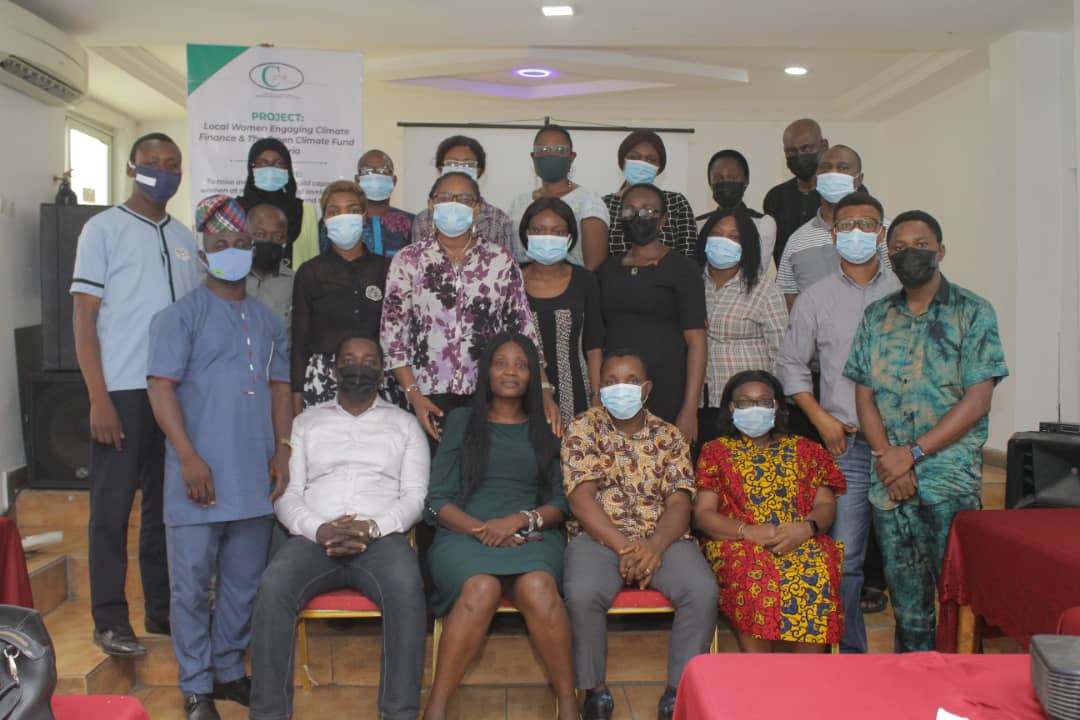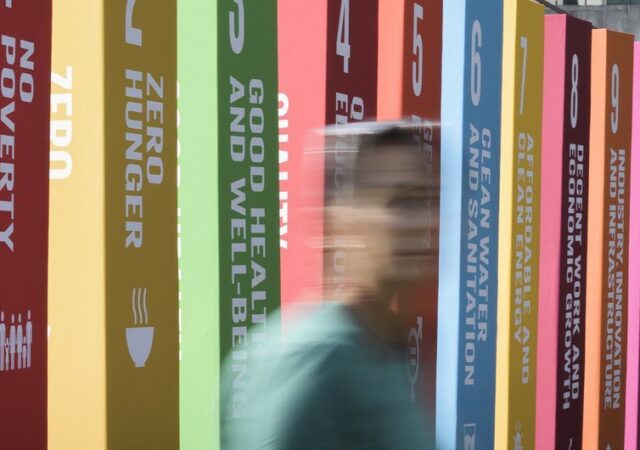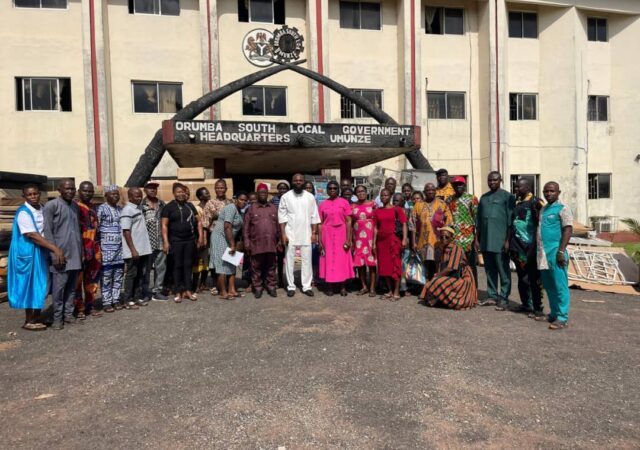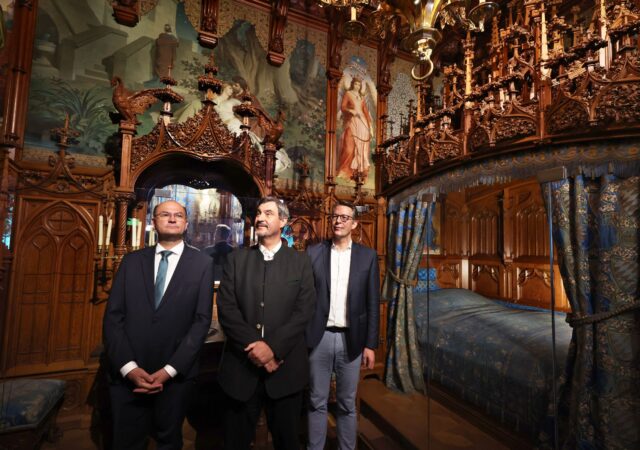“We need to strengthen our capacity, increase institutional integrity and increase Gender participation to readily access funds for our climate action activities”
This call was made made by Ms Titi Akosa on Thursday, February 25, 2021 at the opening of a two day capacity building workshop on Climate Finance and Green Climate Fund (GCF) for Women in Nigeria.
The workshop is focused on developing country capacity and stakeholders education as part of the Green Climate Funds (GCF) Readiness and Preparatory Support Programme (RPSP).
The Readiness Project, established in 2014, and re-evaluated in 2018, is targeted at increasing and deepening the capacity of eligible countries in accessing the Green Climate Funds. This is to aid those countries, mostly developing countries parties to the UNFCCC, to implement climate action initiatives and projects to reduce CO2 emissions and promote country ownership of those projects.
The Readiness Project, after its re-evaluation is hinged on five pillars:
- Capacity Building for Climate finance Coordination
- Strategic framework for low-emission investment
- Strengthened adaptation planning
- Paradigm-Shifting pipeline development
- Knowledge sharing and learning
According to Ms Akosa, the convener of the workshop, “we need to prepare ourselves to participate fully and be eligible to access these funds to implement our approved projects. We need to develop knowledge on how to prepare reports, prepare content briefs, prepare proposal while also developing country/group institutional integrity and accountability”.
It was a robust interaction as details of the funding mechanism and challenges including how to include gender focus in Nigeria’s readiness programme were highlighted. It also highlighted the need to create an enabling stakeholders input environment for the GCF in-country focal institution, incidentally the Department of Climate Change; and also enable knowledge sharing for content briefs and proposals to be properly developed and eligible for approval by the GCF.
A key point highlighted was on how to ensure that local groups/networks and local institutions can access Green Climate Funds directly, or through an in-country indirect access entity, such as a local finance institution, ministry or even a local network approved by the GCF board. This is to ensure that totality of funds approved for any climate action activity is fully disbursed to the implementing body, rather than through a development or international partner, that might not fully understand the variables involved in the implementation process within the country and how to resolve them.
Unfortunately, the reverse has been the case in Nigeria. While the GCF has indeed funded projects within the country, those projects have been accessed by international bodies and foreign development partners. However, under the Readiness Programme, countries are encouraged to become owners of such projects to maximize their impacts locally.
For this to happen, the participants resolved on the following:
- For groups and focal institutions to become intimately involved with the whole readiness support program and coordination process
- For Gender focus to be included in the Nigerian readiness support program.
- Stakeholders to develop responsibilities and capacity towards accessing the Green Climate funds
- To ensure projects proposed are fully implementable, sustainable and complementary to Nigeria’s National Determined Contributions (NDC’s)
- To develop integrity checklists and strengthen documentation of all processes involved in accessing these funds and implementing the projects
- To ensure adaptation measures and climate smart technologies are fully identified and available for understanding and implementation by women, especially at the bottom of the pyramid
- Periodic capacity building workshops on accessing green climate funds and projects implementation for both focal institutions, direct/indirect access entities and implementing organizations
- To develop capacity for sustainable climate smart interventions in various high impact sectors including energy, agriculture and transportation
The meeting ended on a high note with participants resolving to ensure that approved projects under the GCF in Nigeria are gender friendly and women participation is assured.
Supported by global gender justice and environmental education platform, BothENDS, the workshop was convened by Center for 21st Century Issues and Natural Eco-Capital in collaboration with the Department of Climate Change and Lagos State Government.








Thanks for sharing. I read many of your blog posts, cool, your blog is very good.
Can you be more specific about the content of your article? After reading it, I still have some doubts. Hope you can help me.